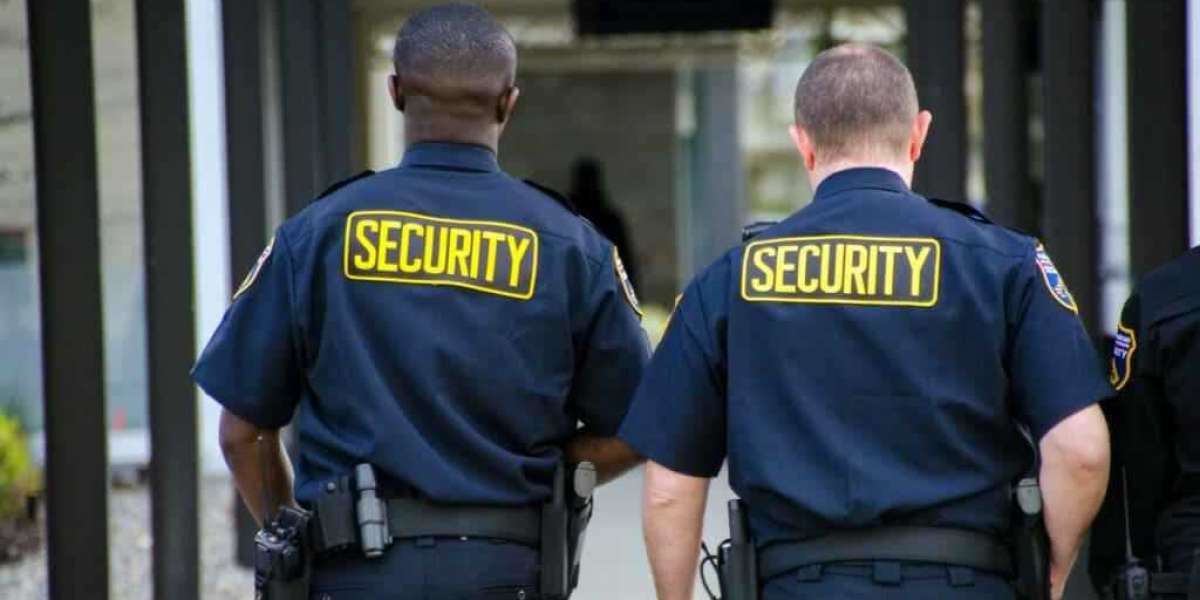The 16 Hour Security Guard Training Course is a vital step in becoming a certified security professional. It’s designed to reinforce the skills learned in the initial 8 Hour Pre-Assignment course and prepare candidates for real-world challenges. While most students successfully complete the training, a surprising number struggle due to preventable mistakes. Understanding these rookie errors can help you stay on track and finish strong.
1. Underestimating the Course Content
Many candidates assume the 16 Hour Security course is just a formality. In reality, it covers essential topics such as legal powers and limitations, emergency procedures, ethics, and more. Skimming through the material or not taking it seriously can lead to poor test performance and missed learning opportunities.
2. Poor Time Management
This course requires both in-class participation and focused study. Arriving late, skipping sessions, or cramming the night before an assessment can hurt your performance. Time management is key—attend every session, review notes regularly, and don’t leave assignments to the last minute.
3. Lack of Engagement
Treat the course like a professional opportunity, not a checkbox. Failing to ask questions, ignoring discussions, or being distracted by your phone can leave gaps in your knowledge. Active participation improves retention and shows instructors you’re committed.
4. Not Reviewing Course Materials
After class, many students close their notebooks and never look back. But reviewing material between sessions is crucial. Go over your notes, reread handouts, and take practice quizzes if available. This reinforces learning and prepares you for final assessments.
5. Disregarding State-Specific Requirements
Security training requirements vary by state. Some candidates fail because they don’t understand their local guidelines or licensing steps beyond the 16 Hour course. Make sure you're aware of your state’s specific procedures and follow them closely to avoid delays or disqualification.
6. Unprofessional Behavior
Showing up late, being disrespectful, or acting carelessly during practical sessions can negatively impact your evaluation. Remember, this training mirrors the professionalism expected on the job. Treat your time in the course as a reflection of your future conduct as a security guard.
7. Skipping the Basics
Even though the 8 Hour Pre-Assignment course lays the foundation, some students forget to refresh their knowledge before the 16 Hour course. A quick review of the basics—like the role of a security guard and the importance of communication—can help you better grasp advanced concepts.
Final Thoughts
The 16 Hour Security Guard Course is more than a hurdle—it's a crucial step in building your foundation as a professional. Avoiding these rookie mistakes not only helps you pass the course but also sets the tone for your career in the security industry. Show up, stay engaged, and treat your training with the seriousness it deserves. That’s the key to success.







